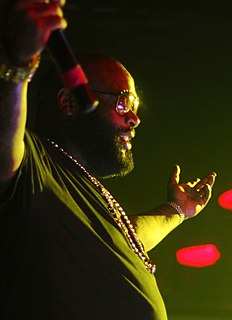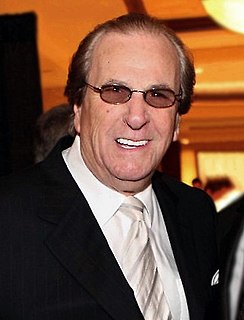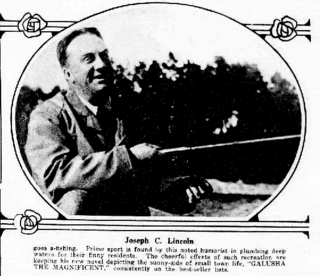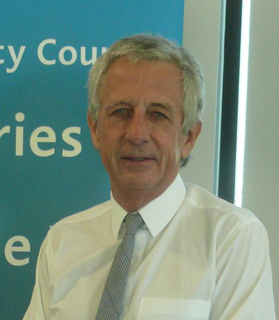A Quote by Rick Ross
My father wasn't there the majority of the time. My father, someone who I always honored and looked up to, had been in the military; he had been to war. I would hear stories about different experiences he went through, but as I got older, my father moved away.
Related Quotes
My father wasn't around when I was a kid, and I used to always say, 'Why me? Why don't I have a father? Why isn't he around? Why did he leave my mother?' But as I got older I looked deeper and thought, 'I don't know what my father was going through, but if he was around all the time, would I be who I am today?'
For a moment, I wondered how different my life would have been had they been my parents, but I shook the thought away. I knew my father had done the best he could, and I had no regrets about the way I'd turned out. Regrets about the journey, maybe, but not the destination. Because however it had happened, I'd somehow ended up eating shrimp in a dingy downtown shack with a girl that I already knew I'd never forget.
There is too much fathering going on just now and there is no doubt about it fathers are depressing. Everybody now-a-days is a father, there is father Mussolini and father Hitler and father Roosevelt and father Stalin and father Trotsky and father Blum and father Franco is just commencing now and there are ever so many more ready to be one. Fathers are depressing. England is the only country now that has not got one and so they are more cheerful there than anywhere. It is a long time now that they have not had any fathering and so their cheerfulness is increasing.
My father ain't in Europe; my father's in a better place than Europe." Winterbourne imagined for a moment that this was the manner in which the child had been taught to intimate that Mr. Miller had been removed to the sphere of celestial reward. But Randolph immediately added, "My father's in Schenectady.
Most of my friends' fathers had been in the war - either as soldiers or in some other capacity in the military. Whereas my father had not fought. He was older and he was in a business that was considered essential to the wartime effort - the wire business - and, of course, I was so young I didn't understand any of this.
I was brought up in a very naval, military, and conservative background. My father and his friends had very typical opinions of the British middle class - lower-middle class actually - after the war. My father broke into the middle class by joining the navy. I was the first member of my family ever to go to private school or even to university. So, the armed forces had been upward mobility for him.
Her father had taught her about hands. About a dog's paws. Whenever her father was alone with a dog in a house he would lean over and smell the skin at the base of its paw. This, he would say, as if coming away from a brandy snifter, is the greatest smell in the world! A bouquet! Great rumours of travel! She would pretend disgust, but the dog's paw was a wonder: the smell of it never suggested dirt. It's a cathedral! her father had said, so-and-so's garden, that field of grasses, a walk through cyclamen--a concentration of hints of all the paths the animal had taken during the day.
In 2011, when my father passed away - I had my daughter first; I had her on January 24, and I had a seizure during the delivery. I lived through that, and five weeks later, my father died suddenly of a heart attack, and I lived through that. And then my daughter had surgery, and I lived through that.




































